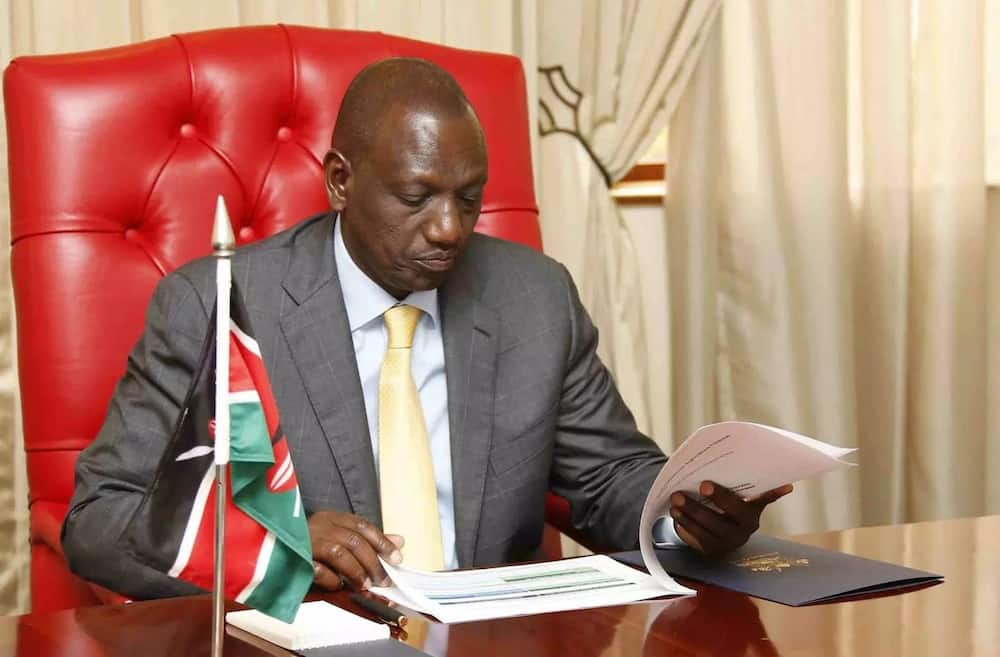Mauritania is one of the African countries yet to actualize its potential, even though it is blessed with natural resources.
Mauritania’s economy mainly depends on natural resources of iron, gold, oil, gas and fishing. With over 75% of the land area being a desert, the country’s economy and people are highly vulnerable to climate change.
The country has been disturbed by recurrent drought, desertification, food insecurity, pressure on natural resources, lack of environmental infrastructure and insufficient capacity to address these problems at the policy level.
Environmental management has been a major national problem in Mauritania as it suffers from the effect of drought, desertification, deforestation, bush fires and the deterioration of its ecosystems, and also experiences multiform pollution in urban areas with the Trarza, Brakna and Assaba regions seen to be the most vulnerable and affected regions.
In recent times, the effects of climate change have been felt harder as droughts are becoming more frequent and more intense, each time causing economic damage to Mauritania.
The impacts of an unsustainable environment and natural resource use and the growing effects of climate change have decreased Mauritania’s ability to eradicate poverty and grow economically.
Hence, the development challenge is to reduce poverty with and through the sustainable management of the environment and natural resources.
Controlling the deterioration and unsustainable exploitation of resources, air, water and ground pollution and desertification is a challenge the country will have to address if it is to maintain the balance of its ecosystems and improve the outlook for future generations.
Since the year 2000, the government of Mauritania has designed many environmental policies to meet the Millennium Development Goals, MDGs, which are now known as the Sustainable Development Goals SDGs.
Aside from the programmes that the government had set up, there have been some interventions from International bodies, Stakeholders and Individuals, with the sole aim of addressing Mauritania’s environment and climate challenges.
One such intervention by an International body, the UNHCR, is trying to reduce the pressure placed on various natural resources in Mauritania. UNHCR has set up a lot of projects in Mauritania and these projects promote environmental protection.
This action by the UNHCR has contributed to reforestation, upgrading waste drainage areas, and constructing infrastructure to improve natural resources management.
The intervention has also encouraged peaceful co-existence and social cohesion and contributed to the development of livelihoods.
Another intervention is one from the Sustainable Development Goal Fund that converted the country’s national policies into concrete action on natural resource management.
Through this, a national strategy for integrating the environment into public policy was developed.
This Programme aimed to promote sustainable management of natural resources and access to water and sanitation and to ensure that environmental issues are taken into account in national planning processes.
The programme focused on tackling challenges linked to achieving the SDGs, based on two strategic outcomes, which were; Promote the sustainable management of natural resources, good hygiene practices and access to drinking water and sanitation through a participatory approach of the targeted populations; Strengthen national capacity to integrate environmental considerations into the planning process.
The SDGs and the Ministry Delegate for the environment implemented the project in collaboration with relevant departments, local communities, NGOs and grassroots organizations.
Through this programme, the government’s achievements were recorded in many areas, easing environmental challenges for the citizens.
Some of the gains recorded from the programme included the creation of favourable conditions for restoring natural ecosystems in the targeted areas and improving and diversifying local communities’ income.
So also, the governance of the water sector improved substantially. The Standing Committee of the National Water Council is operational, the Planning and Integrated Water Management project was formulated, and the National Water Council adopted its strategies.
The programme strengthened the national capacity to better understand the relationship between poverty and the environment. It facilitated using a strategic environmental and social assessment and an integrated ecosystem assessment for the first time in Mauritania.
A national strategy for integrating the environment into public policy was developed, and the programme also contributed to integrating environmental considerations into the local planning process.
The state of the ecosystem and the link between poverty and the environment were better understood thanks to an integrated assessment of wetland ecosystems in four areas.
Access to clean water was facilitated for nearly 28,000 beneficiaries in eight locations. In addition, more than 12,800 new households gained access to sanitation services and improved hygiene practices.
More than 6,500 latrines were built by local communities. More than 260 sites in the Trarza region were certified free of defecation in the open air. More than 6,000 students and 90 teachers were trained in hygiene and sanitation. In addition, six incinerators were established to destroy biomedical waste.
It is hoped that these developmental strides will continue for Mauritania in a bid for the country to truly achieve its potential and ascent as a developing nation.


